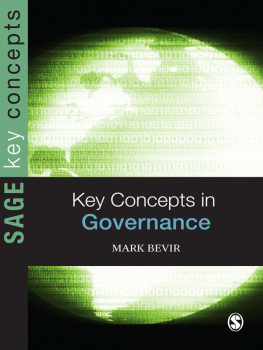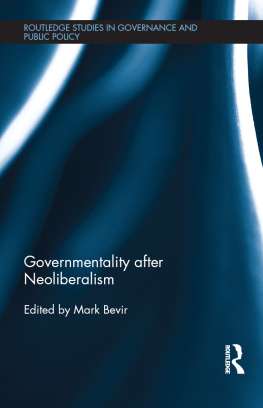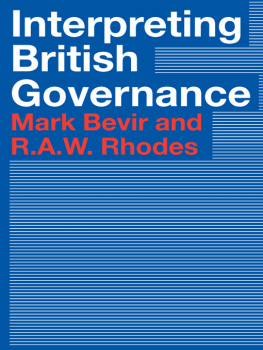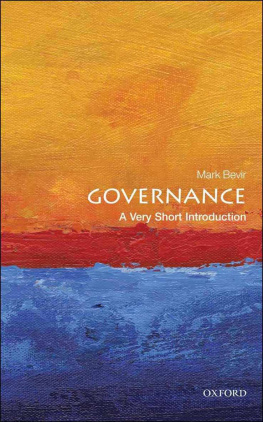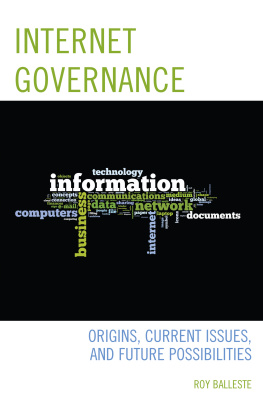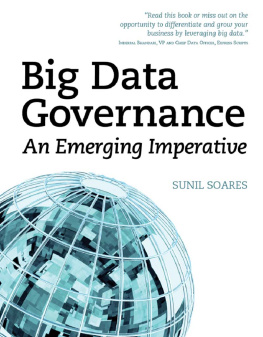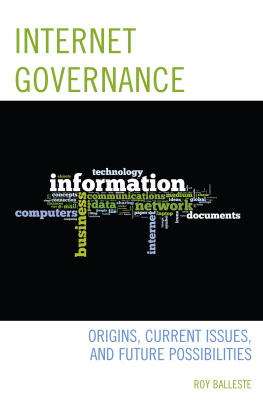Key Concepts in
Governance
Recent volumes include:
Key Concepts in Social Research
Geoff Payne and Judy Payne
Fifty Key Concepts in Gender Studies
Jane Pilcher and ImeldaWhelehan
Key Concepts in Medical Sociology
Jonathan Gabe, Mike Bury and Mary Ann Elston
Key Concepts in Leisure Studies
David Harris
Key Concepts in Critical Social Theory
Nick Crossley
Key Concepts in Urban Studies
Mark Gottdiener and Leslie Budd
Key Concepts in Mental Health
David Pilgrim
Key Concepts in Journalism Studies
Bob Franklin, Martin Hamer, Mark Hanna, Marie Kinsey and John Richardson
Key Concepts in Political
Communication
Darren G. Lilleker
Key Concepts in Teaching Primary
Mathematics
Derek Haylock
Key Concepts in work
Paul Blyton and Jean Jenkins
Key Concepts in Nursing
Edited by Elizabeth Mason-Whitehead,
Annette McIntosh, Ann Bryan and Tom Mason
Key Concepts in Childhood Studies
Allison James and Adrian James
Key Concepts in Public Health
Edited by Frances Wilson and Andi Mabhala
The SAGE Key Concepts series provides students with accessible and authoritative knowledge of the essential topics in a variety of disciplines. Cross-referenced throughout, the format encourages critical evaluation through understanding. Written by experienced and respected academics, the books are indispensable study aids and guides to comprehension.
MARK BEVIR
Key Concepts in
Governance
Mark Bevir 2009
First published 2009
Apart from any fair dealing for the purposes of research or private study, or criticism or review, as permitted under the Copyright, Designs and Patents Act, 1988, this publication may be reproduced, stored or transmitted in any form, or by any means, only with the prior permission in writing of the publishers, or in the case of reprographic reproduction, in accordance with the terms of licences issued by the Copyright Licensing Agency. Enquiries concerning reproduction outside those terms should be sent to the publishers.
SAGE Publications Ltd
1 Olivers Yard
55 City Road
London EC1Y 1SP
SAGE Publications Inc.
2455 Teller Road
Thousand Oaks, California 91320
SAGE Publications India Pvt Ltd
B 1/I 1 Mohan Cooperative Industrial Area
Mathura Road, New Delhi 110 044
SAGE Publications Asia-Pacific Pte Ltd
33 Pekin Street #02-01
Far East Square
Singapore 048763
Library of Congress Control Number Available
British Library Cataloguing in Publication data
A catalogue record for this book is available from the
British Library
ISBN 978-1-4129-3569-2
ISBN 978-1-4129-3570-8
Typeset by C&M Digitals (P) Ltd, Chennai, India
Printed in Great Britain by Cromwell Press Ltd, Trowbridge, Wiltshire
Printed on paper from sustainable resources
contents
preface
The language of governance is increasingly prominent in discussions of changes in the nature and role of the state. Governance has become a topic of concern to political and non-profit actors; it even has a place among the lending criteria of institutions such as the World Bank. In addition, the language of governance includes new ways of thinking about social coordination and patterns of rule as they appear in civil society, political institutions, and the international arena. Corporate governance, for example, has become a staple ingredient of company reports and the business pages of financial newspapers.
Despite its prominence, the language of governance remains bewildering. One problem is that the key concepts of governance derive from diverse disciplines public administration, political science, economics, business, sociology and these disciplines rely tacitly on different assumptions. This book addresses this problem: it illuminates the key concepts in terms of their respective contexts. Yet the language of governance is also bewildering because it covers both specific narratives about changes in the state and new theories of social coordination in general. This book addresses this problem: it provides an opportunity to step back from particular narratives and contexts in order to consider theoretical and conceptual debates.
I hope that this book will make it easier for students to learn about new ways of thinking about governance as well as the changing nature of the state. Students should find it a useful companion to broader literatures. I hope they will use it to learn about the concepts that inform governance today, and to reflect on these concepts in ways that will lead them to try to reform and improve governance.
Readers will realize that no book of this size could possibly cover all the concepts of relevance to governance. I have necessarily selected some concepts for inclusion at the expense of others. The process of selection was a rather incremental one, conducted in the context of discussions with colleagues and students. Yet I was loosely guided in my selections by principles that reflect the general account of governance provided in the introductory essay, What is Governance? I have tried to balance theoretical concepts that refer to social coordination and how to study it with empirical ones that refer to the changes in the nature and role of the state. I have also tried to balance concepts that seek to describe the world as it is with concepts that appear within more normative accounts about how we ought to conduct public policy and promote democracy. Part of me would have liked to include more concepts that refer to technical innovations in public policy. However, I was also eager to capture the theoretical breadth that we surely associate with the term governance when we remember that it did not originate in debates about public administration and that it remains as prominent in international relations, rational choice theory, comparative politics, and other areas of scholarly and practical concern as it does within public administration. Besides, I remain convinced that students in professional schools of public policy benefit greatly from learning about the broader theoretical issues by which alone we can decide the appropriateness and desirability of any given policy technique. Hence the selected concepts cover not only changing policy instruments but also theoretical debates about patterns of rule and how they are changing.
acknowledgements
It is a pleasure to record my debt to a recent cohort of my students. This book was conceived, written, and tested with them in mind and with their input. Thanks to Bethany Gerdemann, Orion Haas, Minna Howell, Justin Norval, Prashant Reddy, Brittany Sachs, Ana Schwartz, Andre Tutundjian, Tony Zhao, and Lechuan Zhou. I am also grateful to the contributors to Sages Encyclopedia of Governance. They taught me much about topics on which I otherwise would have known too little. Perhaps I am biased, but I believe the Encyclopedia is the perfect resource for readers who would explore further the key concepts of governance.
Part I: What is Governance?
What is Governance?
INTRODUCTION
Governance can be used as a specific term to describe changes in the nature and role of the state following the public sector reforms of the 1980s and 1990s. Typically, these reforms are said to have led to a shift from a hierarchical bureaucracy towards a greater use of markets, quasi-markets, and networks, especially in the delivery of public services. The effects of the reforms were intensified by global changes, including an increase in transnational economic activity and the rise of regional institutions such as the European Union. So understood, governance expresses a widespread belief that the state increasingly depends on other organizations to secure its intentions and deliver its policies.

